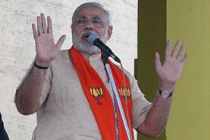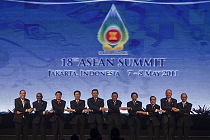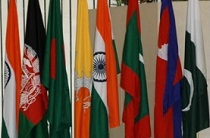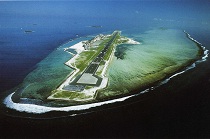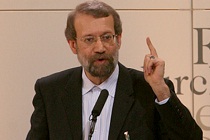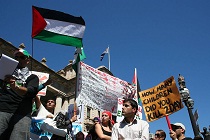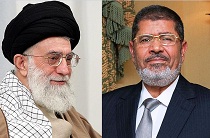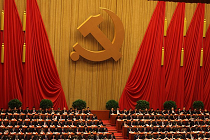The importance of Gujarat
Narendra Modi, the chief minister of Gujarat, returned to office for an unprecedented fourth term. With this victory, the fate of India’s two national political parties has changed, and the battles within and without will play out over next few months leading up to the national elections in 2014.

